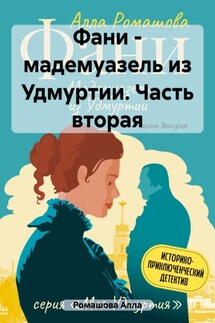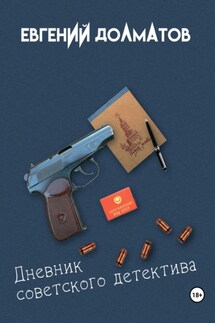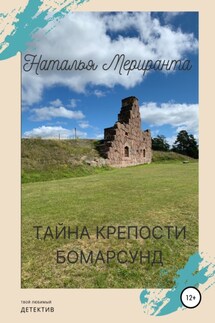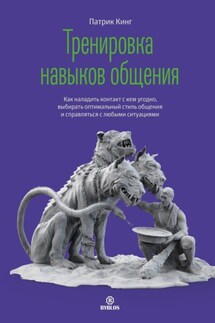The Murder of Roger Ackroyd / Убийство Роджера Экройда - страница 52
Poirot nodded.
‘I always come back to it,’ he said seriously.
‘It seems to me utterly irrelevant,’ I declared.
‘I wouldn’t say that,’ demurred the inspector. ‘But I must confess I think Mr Poirot here harps on it a little too much. We’ve better clues than that. The fingerprints on the dagger, for instance.’
Poirot became suddenly very foreign in manner, as he often did when excited over anything.
‘M. l’Inspecteur,’ he said, ‘beware of the blind – the blind – comment dire? – the little street that has no end to it.’
Inspector Raglan stared, but I was quicker.
‘You mean a blind alley?’ I said.
‘That is it – the blind street that leads nowhere. So it may be with those fingerprints – they may lead you nowhere.’
‘I don’t see how that can well be,’ said the police officer. ‘I suppose you’re hinting that they’re faked? I’ve read of such things being done, though I can’t say I’ve ever come across it in my experience. But fake or true – they’re bound to lead somewhere.’
Poirot merely shrugged his shoulders, flinging out his arms wide.
The inspector then showed us various enlarged photographs of the fingerprints, and proceeded to become technical on the subject of loops and whorls.
‘Come now,’ he said at last, annoyed by Poirot’s detached manner, ‘you’ve got to admit that those prints were made by someone who was in the house that night?’
‘Bien entendu,’ said Poirot, nodding his head.
‘Well, I’ve taken the prints of every member of the household, everyone, mind you, from the old lady down to the kitchenmaid.’
I don’t think Mrs Ackroyd would enjoy being referred to as the old lady. She must spend a considerable amount on cosmetics.
‘Everyone’s,’ repeated the inspector fussily.
‘Including mine,’ I said drily.
‘Very well. None of them correspond. That leaves us two alternatives. Ralph Paton, or the mysterious stranger the doctor here tells us about. When we get hold of those two-’
‘Much valuable time may have been lost,’ broke in Poirot.
‘I don’t quite get you, Mr Poirot.’
‘You have taken the prints of everyone in the house, you say,’ murmured Poirot. ‘Is that the exact truth you are telling me there, M. l’Inspecteur?’
‘Certainly.’
‘Without overlooking anyone?’
‘Without overlooking anyone.’
‘The quick or the dead?’
For a moment the inspector looked bewildered at what he took to be a religious observation. Then he reacted slowly.
‘You mean-?’
‘The dead, M. l’Inspecteur.’
The inspector still took a minute or two to understand.
‘I am suggesting,’ said Poirot placidly, ‘that the fingerprints on the dagger handle are those of Mr Ackroyd himself. It is an easy matter to verify. his body is still available.’
‘But why? What would be the point of it? you’re surely not suggesting suicide, Mr Poirot?’
‘Ah! no. My theory is that the murderer wore gloves or wrapped something round his hand. After the blow was struck, he picked up the victim’s hand and closed it round the dagger handle.’
‘But why?’
Poirot shrugged his shoulders again.
‘To make a confusing case even more confusing.’
‘Well,’ said the inspector. ‘I’ll look into it. What gave you the idea in the first place?’
‘When you were so kind as to show me the dagger and draw attention to the fingerprints. I know very little of loops and whorls – see, I confess my ignorance frankly. But it did occur to me that the position of the prints was somewhat awkward. Not so would I have held a dagger in order to strike. Naturally, with the right hand brought up over the shoulder backwards, it would have been difficult to put it in exactly the right position.’











